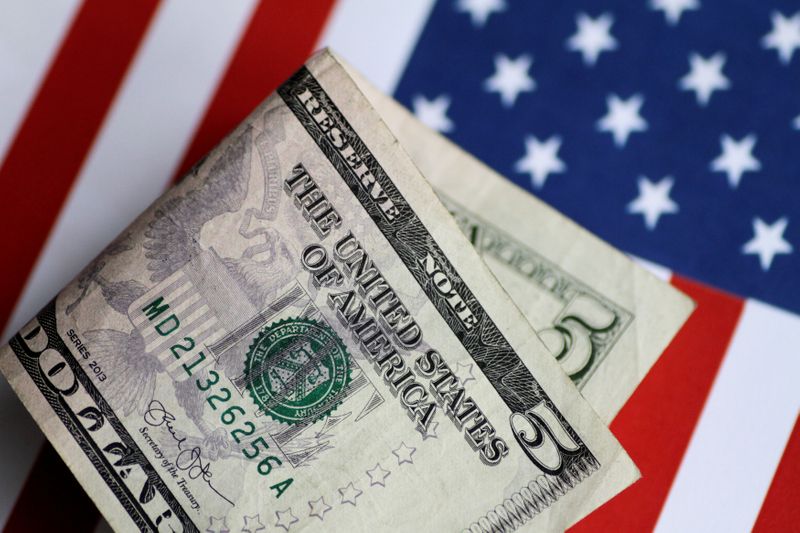By Lindsay (NYSE:LNN) Dunsmuir
WASHINGTON (Reuters) - The United States on Tuesday reported a record $738 billion budget deficit in April as an explosion in government spending and a shrinking of revenues amid the novel coronavirus pandemic pushed it deeply into the red.
The Treasury Department said the budget deficit in April was the first to reflect the enormity of government spending that has been authorized to try to mitigate the economic impact of the crisis. The previous record budget deficit for any month was $235 billion in February 2020.
Until recently, most of the country was under strict lockdown orders and many businesses were shuttered to try to contain the spread of the virus, which has killed more than 80,000 people in the United States.
"They really are striking numbers that I didn't think I would ever see," a senior U.S. Treasury official told reporters when asked about the monthly budget figures.
The fiscal year-to-date deficit surged to $1.48 trillion compared to a $531 billion deficit in the comparable period in 2019, blasting past the previous monthly deficit record of $870 billion in April 2011.
The U.S. Congress approved a $2.3 trillion rescue package to deal with the crisis on March 27 and has since added to it, taking total emergency relief spending to help insulate individuals, families, businesses and state and local governments to around $3 trillion.
April marked the first month some of those stimulus programs were begun to be paid. Roughly $600 billion in outlays for April were attributable to government spending on coronavirus relief measures, while receipts were reduced by about $300 billion by the crisis, the senior Treasury official estimated.
April is normally a month in which Treasury posts a surplus because tax payments are due on April 15, but they have been delayed this year until July 15 due to the pandemic. The government has only reported an April deficit 15 times over the past 66 years.
The primary reason for a reduction in receipts was the deferral of certain individual and business taxes from April, as well as changes to tax laws passed in recent legislation, Treasury said.
More than 33 million Americans have filed for unemployment benefits since March 21, which equates to roughly one in five jobs. That has also cratered the U.S. government's revenue base.
In April, receipts totaled $242 billion, down 55% from a year earlier, while outlays surged 161% to $980 billion.

About $283 billion in non-withheld individual income taxes were paid in April 2019, according to Treasury data, and receipts for taxes withheld from worker paychecks, which totaled $114 billion in April 2019, were reduced this year by the jump in unemployment.
